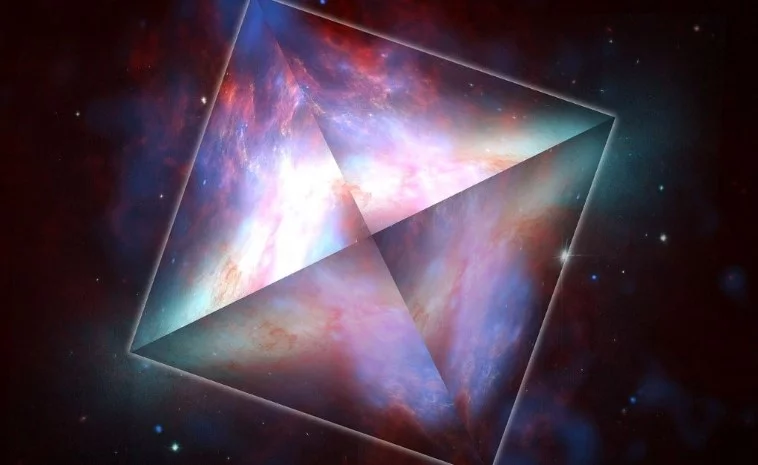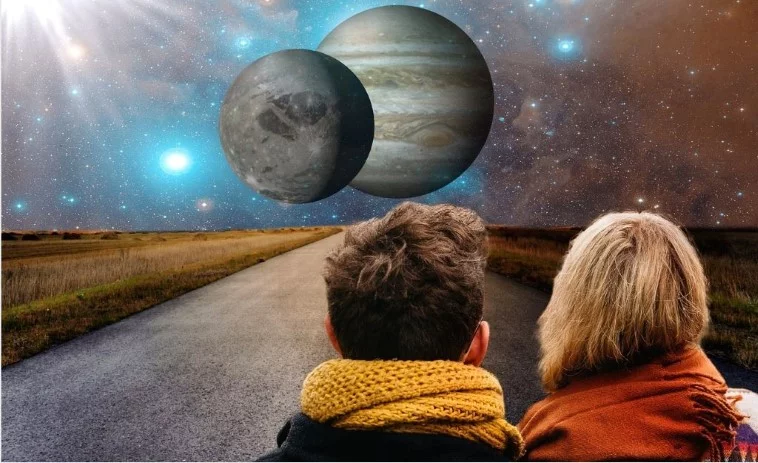Size matters: How big was the universe at the beginning?

To put it briefly and simply: until Edwin Hubble and his observations in the second and third decades of the last century, the prevailing opinion was that the universe was eternal and infinite. Things have changed since then so let’s dive into that.
And then Hubble noticed that the galaxies were moving away from each other, which meant that the universe was expanding.
“Equipped with his five senses, man explores the universe around him and calls the adventure Science.” ― Edwin Hubble
And this again meant that in the past the universe was smaller.
Today, it is calculated that the radius of the visible universe (there is also a universe that we cannot see) is slightly more than 46 billion light years, and that as we go deeper into the past, the universe is getting smaller and denser, since everything that exists was packed into an ever-smaller diameter.
Of course, it was also warmer, but we are not interested in that now.
The universe is 13 billion and about 700 million years old.

13.4 billion years ago, according to what was said before, it was much smaller in diameter. That was the era when the first stars were born. The diameter of the universe was then 20 times smaller than it is today.
If we go even deeper into the past, at the age of only a few hundred thousand years of the universe, at the time when the first atoms were formed, its diameter was 1000 times smaller.
Of course, curiosity forces us to go even deeper and further into the past and thus we come to, be careful, not to the first second, not to the tenth part of the first second of the existence of the universe, but to the trillionth part of a second.
Back then, the entire universe that we see today was only a few hundred million kilometers wide!
And the whole thing could comfortably fit in the space that today is bounded by the orbit of Jupiter!
Theory and curiosity drive us further into the past, into the smallest fraction of time as known by today’s science, so we go to Planck’s time, and Planck’s time is that smallest fraction of time that is a whole 10-43 seconds.
Therefore, it is such a short time that it practically does not exist.
The shortest flash of your thoughts is many times longer than that time!

Planck’s time lasts:
0.000000000000000000000000000000000000000000000000001second.
This is the perfect moment to remember one of his many smart ideas, so here is a quote worth mentioning:
“All matter originates and exists only by virtue of a force which brings the particle of an atom to vibration and holds this most minute solar system of the atom together.
We must assume behind this force the existence of a conscious and intelligent mind. This mind is the matrix of all matter.” ― Max Planck
In that, the first beginning of time, the entire universe was smaller than this point at the end of the sentence.
Well, from that dot we came to today’s unfathomable dimensions of the universe, which continues to expand and rapidly, all the way to infinity.
Amazing, isn’t it? We hope you take some time to think about all these ideas and maybe today, tomorrow or even tonight in your dreams, you come up with something nobody has thought of before!
After all, the human mind keeps expanding, just like the universe around us.
Stay kind, curious and adoring to the nature that created us – unique and imperfect.
While you are here, how about showing some affection to the ones that might need it today? Did you know that here at OSR you can name stars? Just check out the link below. And thank you for sharing love, we all need it!


